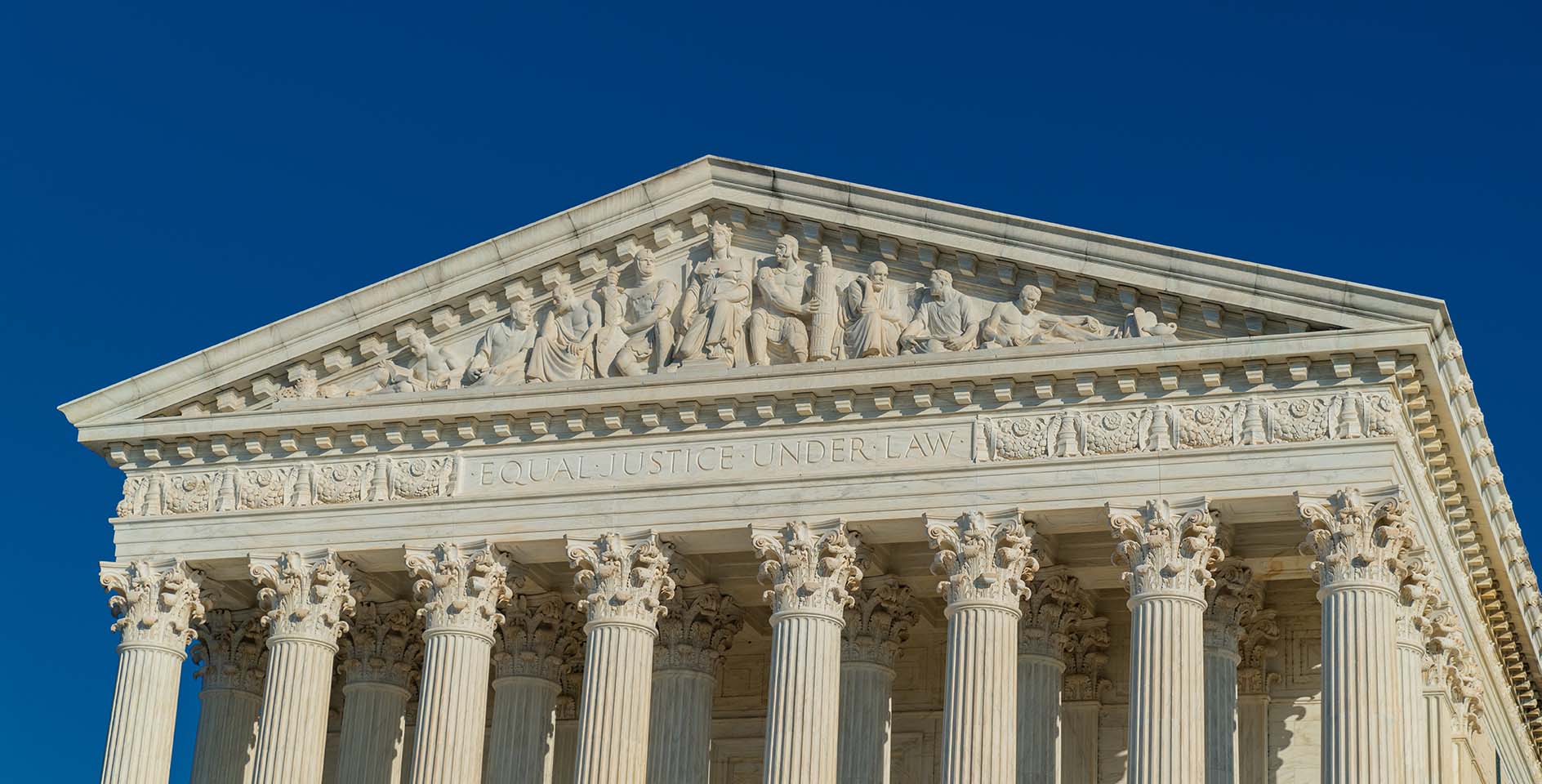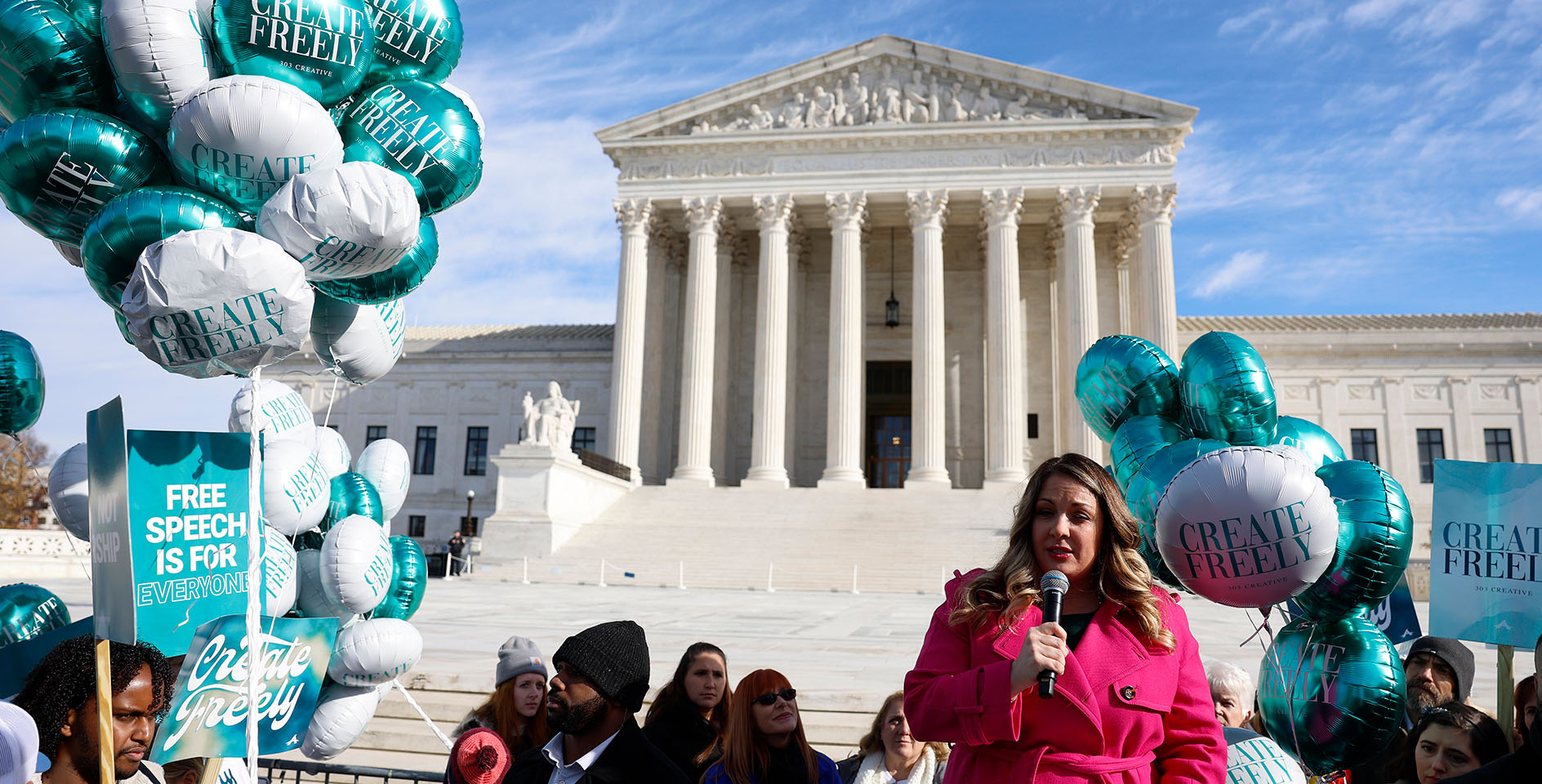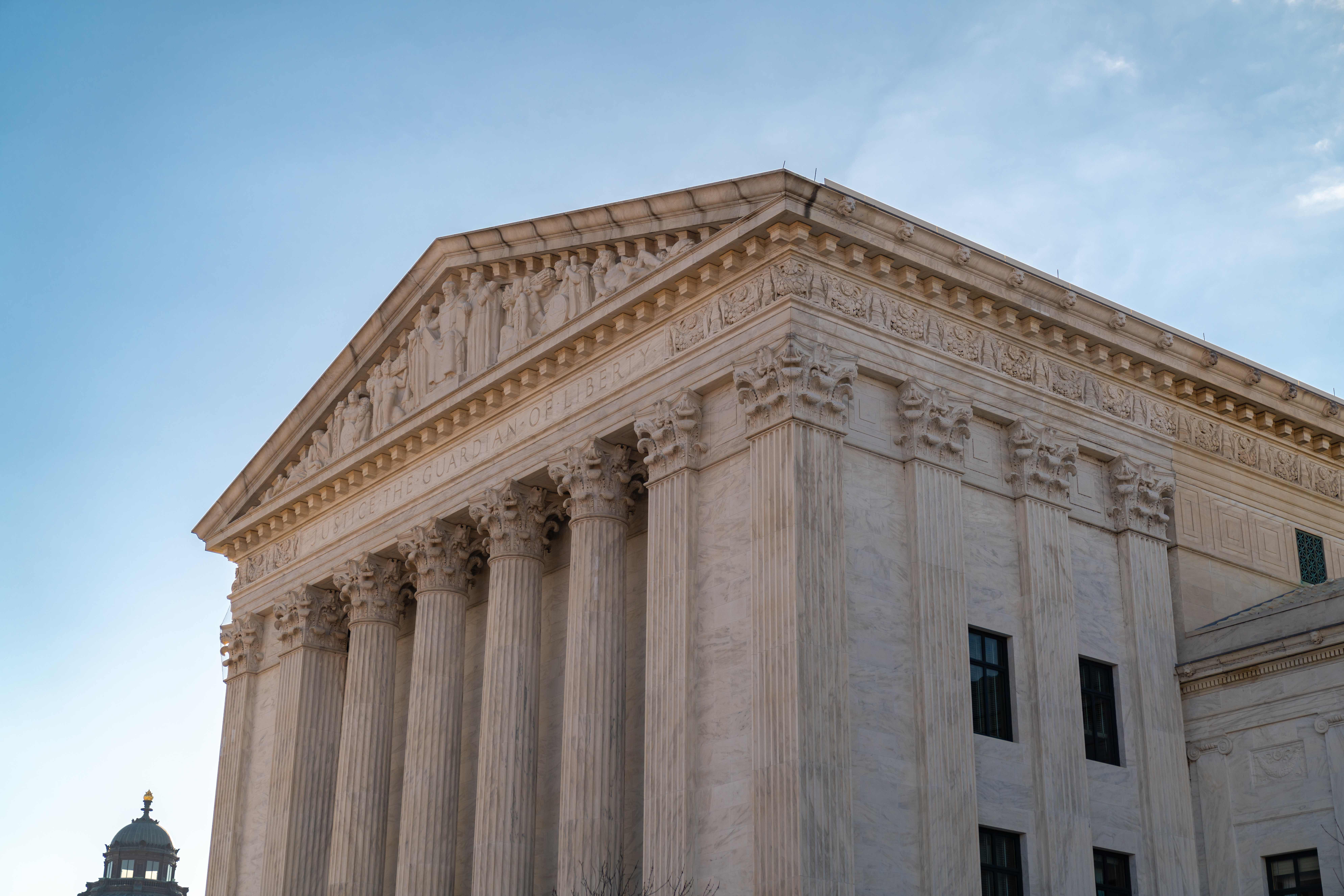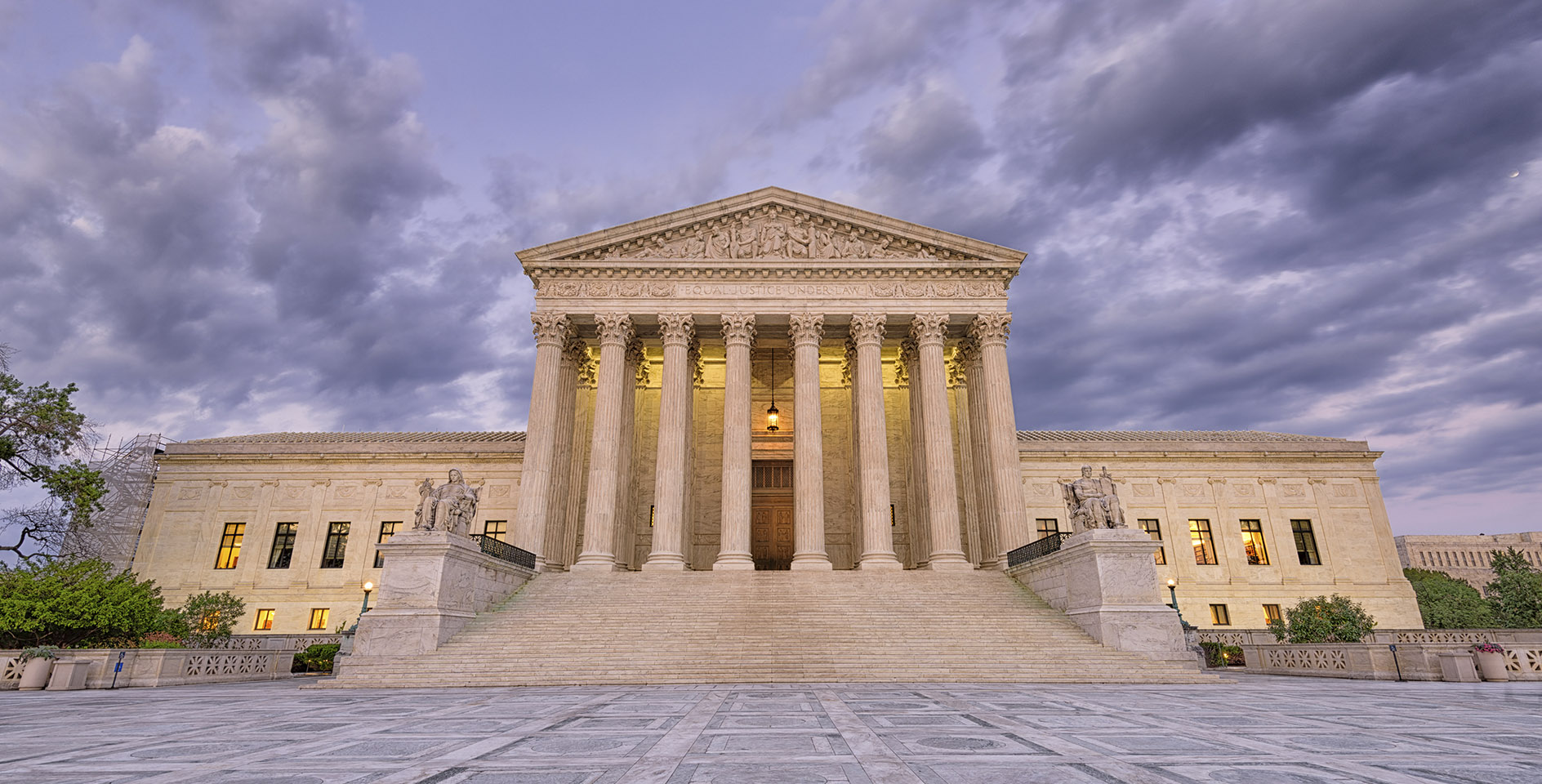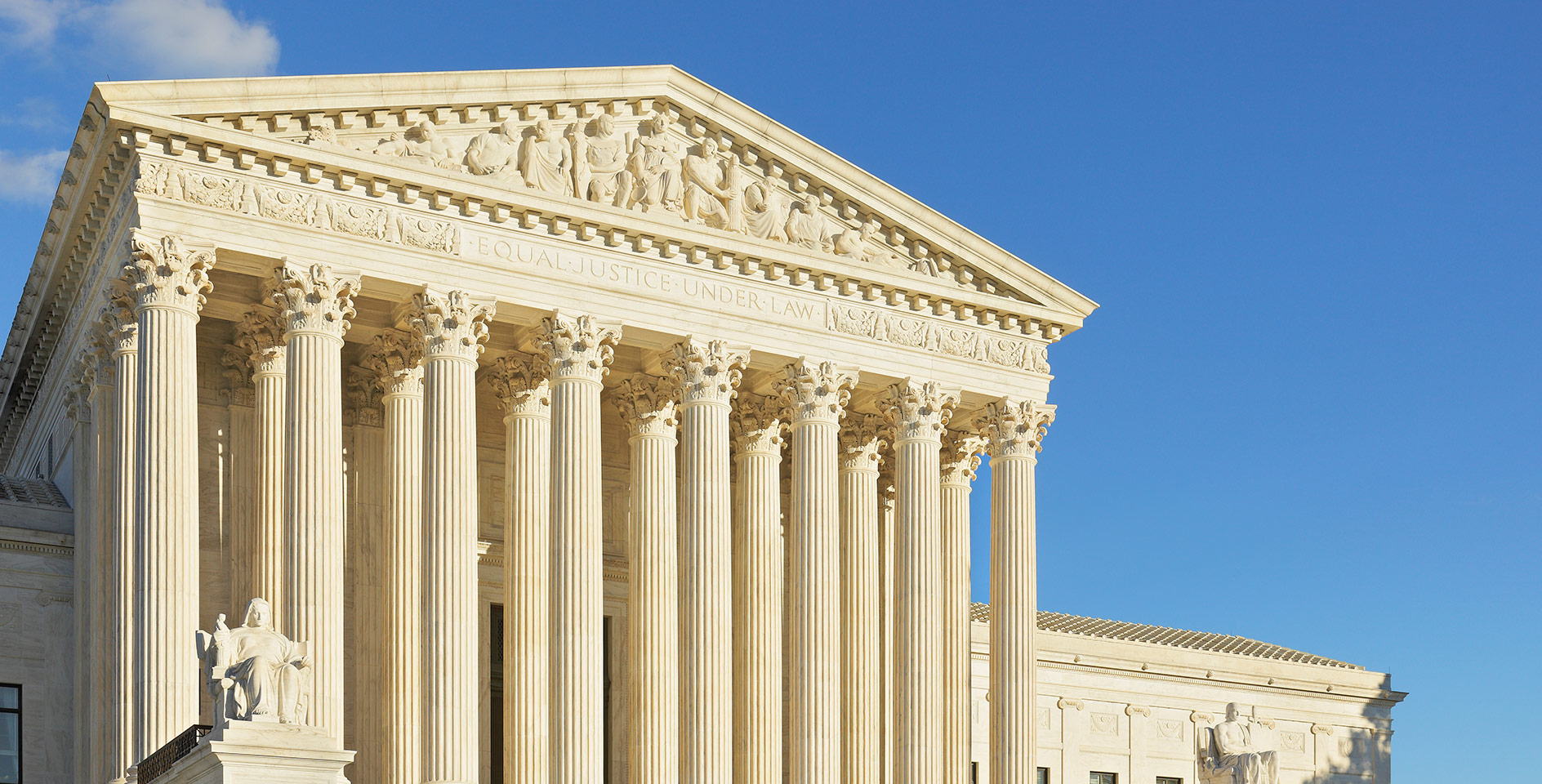WASHINGTON, D.C., June 21, 2022—The Southern Baptist Convention’s Ethics & Religious Liberty Commission responded to the U.S. Supreme Court’s 6-3 ruling in the case Carson v. Makin.
The Court ruled today that Maine’s “nonsectarian” requirement for otherwise generally available tuition assistance payments violates the Free Exercise Clause. This decision builds upon the encouraging precedents set in previously decided cases concerning religious freedom, such as Trinity Lutheran Church of Columbia Inc. v. Comer and Espinoza v. Montana Department of Revenue.
“Maine’s attempt to sidestep the Constitution was halted in its tracks today, and rightly so,” said Brent Leatherwood, acting president of the ERLC. “The justices decision here accurately comports with the fundamental nature of religious liberty in our nation. The Court rightly decided that parents who choose to participate in a program like the one in Maine cannot have their constitutional rights abridged merely because they choose to send their children to a religious school. Similar attempts to curtail free expression have rightly been labeled ‘odious’ by the Court in previous decisions, and Maine’s program can now be added to that infamous list.”
The Carson case arose out of the unique way that Maine provides free education to its 180,000 students. Every child in the United States is entitled to a free public education. In Maine, there are rural areas where students don’t have easy access to a public school. Given that limitation, some of the school districts allow parents to choose a private school in the area to teach their children.
In this case, several families sent, or desired to send their children to private schools that are accredited but do not meet the nonsectarian requirement because they are religiously affiliated, and therefore, the families did not qualify for tuition assistance. They filed a lawsuit stating that Maine’s nonsectarian requirement violates the Constitution.
The ERLC joined amicus briefs both at the petition for certiorari stage and at the merits stage. The Carson ruling is important because it closes a loophole the First Circuit opened when upholding Maine’s exclusion of “sectarian” schools from its tuition assistance program. “Thankfully, today the Court rejected this discriminatory maneuvering by officials in Maine,” states the ERLC explainer on the case. “It reiterated the religious liberty afforded all citizens when exercising their faith in the course of their daily lives. Today’s holding is a substantial step forward in further enshrining the religious protections articulated in Trinity Lutheran and Espinoza.”



